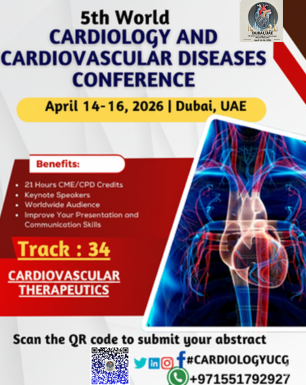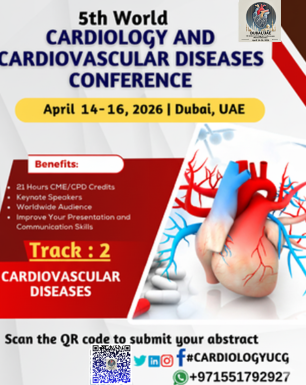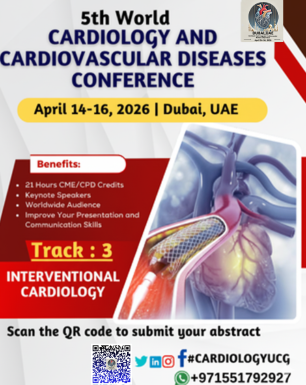



Sub Topics: Coronary Artery Disease, ...


Cardiovascular therapeutics is a branch of medicine focused on the prevention, diagnosis, and treatment of diseases related to the heart and blood vessels. These therapies play a crucial role in managing conditions such as hypertension, coronary artery disease, heart failure, arrhythmias, and stroke. As cardiovascular diseases (CVDs) remain the leading cause of mortality worldwide, advancements in therapeutics—including pharmacological interventions, surgical procedures, and lifestyle modifications—are vital in reducing the global disease burden.
Global Burden of Cardiovascular Diseases
CVDs account for over 17 million deaths annually worldwide.
Early detection and therapeutic intervention are essential to reduce morbidity and mortality.
Pharmacological Treatments
Common drug classes: beta-blockers, ACE inhibitors, statins, calcium channel blockers, anticoagulants.
Personalized medicine is emerging, focusing on genetic and biomarker-guided therapy.
Innovative Therapies and Technologies
Development of novel biologics, RNA-based therapies, and regenerative medicine (e.g., stem cell therapy).
Use of wearable technology and AI for monitoring and managing cardiovascular health.
Interventional and Surgical Options
Procedures such as angioplasty, stent placement, coronary artery bypass grafting (CABG), and valve repair.
Minimally invasive and robotic surgeries are improving patient outcomes and recovery time.
Lifestyle and Preventive Strategies
Emphasis on diet, exercise, smoking cessation, and stress management.
Public health policies promoting cardiovascular wellness through education and early screening.
Future Directions
Integration of digital health, telemedicine, and big data analytics.
Focus on equity in access to cardiovascular care across diverse populations.